Boston’s Office Market Outperformed in 2024
Unsurprisingly, the largest investments and new developments are all life science-related.
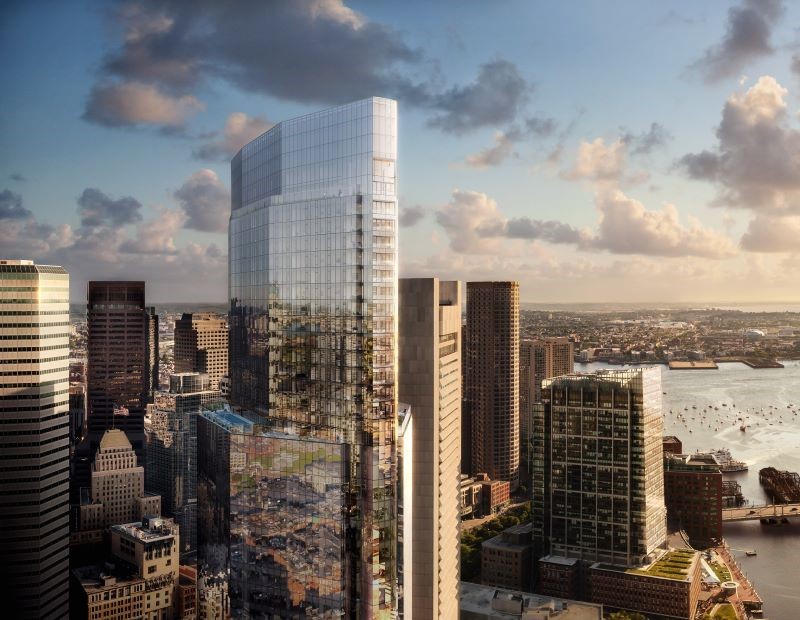
An outlier among the largest U.S. metros, Boston’s office market outperformed its peers in 2024. With another difficult year for the sector expected in 2025, stakeholders must find strategies to adapt and overcome the various challenges lying ahead—such as conversions, developing mixed-use or high-end office buildings with smaller footprints, coupled with strategies of bringing workers physically back.
Life science is the strongest driver in Boston’s office market. The metro’s largest investments and new construction projects last year were all intended for these uses. According to the latest data from CommercialEdge, Boston had the largest development pipeline in the U.S. at the beginning of this year.
Boston led in office development
In 2024, Boston’s office market held the largest construction pipeline in the nation. A total of 8.7 million square feet was underway at the end of the year—3.4 percent of existing stock. This was second only to Austin’s 3.7 percent among all the major metros tracked by CommercialEdge.
Other gateway markets lagged Boston, including Miami (2.6 percent), San Francisco (2.3 percent), Los Angeles (0.7 percent), Washington, D.C. (0.3 percent) and Chicago (0.3 percent). The national figure was 0.8 percent.
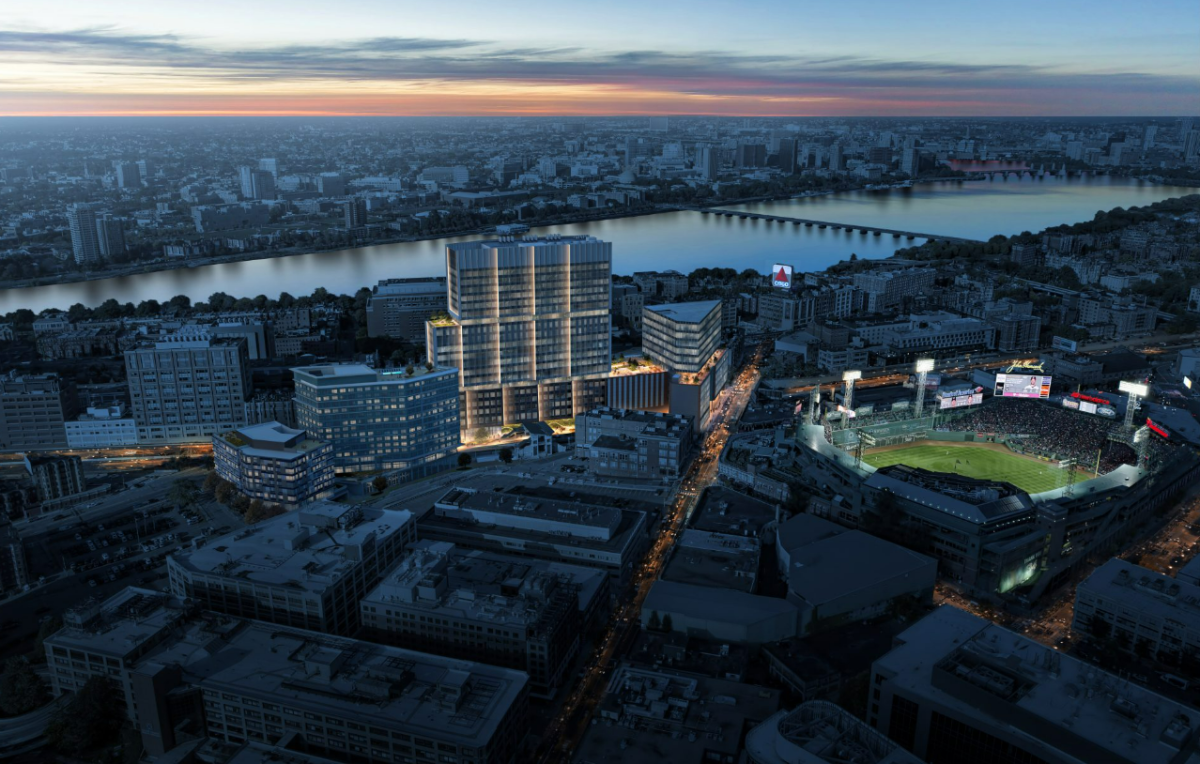
Life science and mixed-use projects took the lead in Boston, with a few massive such developments under construction at the beginning of the year. IQHQ and Meredith Management are nearing completion of Fenway Center’s second phase—a $1 billion development set to encompass nearly 1 million square feet of office and lab space.
Another massive project nearing completion is Hines’ South Station Tower, a 51-story, 1 million-square-foot mixed-use tower taking shape above one of Boston’s busiest transit hubs. Developed in partnership with Boston Planning & Development Agency and the Massachusetts Bay Transportation Authority, the project is scheduled for completion this June.
Boston also ranked first nationwide for office deliveries last year. It added 6.7 million square feet to its inventory, which was 2.3 percent of existing stock—far ahead of the 0.7 percent national figure. Completions grew 27.3 percent year-over-year, putting Boston on a very short list of markets where this was the case.
WS Development’s One Boston Wharf Road was the largest project to come online last year. The developer topped out the 707,000-square-foot mixed-use building in 2023. Amazon signed a prelease for the entirety of its office component, 630,000 square feet. It originally planned to move in last year, but has recently postponed it until 2027, local news reporting shows.
Boston accelerates office-to-residential conversions
In 2024, Boston’s office market saw its conversion pipeline more than double in terms of units slated to come online from such projects, a recent RentCafe report shows. The number of units underway increased 160 percent from 2023 to 2024, to 1,167. This was partly due to the city extending its conversion program last year. It obtained an additional $15 million from state funds for incentives, while it also extended the application deadline until the end of this year.
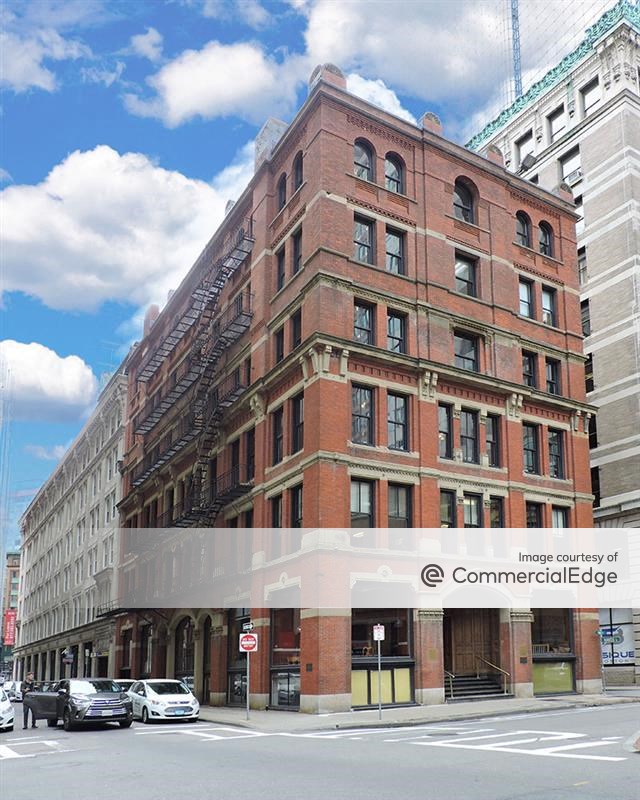
CommercialEdge’s Conversion Feasibility Index is a new tool meant to help developers and owners identify office buildings that are ripe for adaptive reuse to housing. In February, Boston had 163 office properties with a CFI score between 90 and 100—the highest tier for conversion—which encompassed nearly 11.5 million square feet.
Boston’s largest office-to-residential conversion project is KS Development’s adaptive reuse of three interconnected buildings at 85 Devonshire St., 258 Washington St. and 262 Washington St. The Boston Planning and Development Agency approved the project in April last year. According to CommercialEdge, the property’s CFI is 82, making it a good candidate for conversion.
The most recent application to the conversion program involves the six-story office building at 60 Congress St., which could become a 70-unit apartment community, Boston Globe reported. According to CommercialEdge, Edge Property LLC acquired the asset in December last year for $10.4 million. The building’s CFI score is 99, which means it is an ideal candidate.
Investments decelerate, but life science attracts high price tags
Investments in Boston’s office market subsided in 2024, as $1.6 billion in office assets traded, down 27.2 percent from 2023’s volume. A total of 8.5 million square feet changed hands across 67 properties.
These assets traded at an average of $259.37 per square foot, significantly above the $171.61 national figure. Manhattan remained the most expensive market last year, but prices fell below $400 per square foot, to $363.62. It was followed by San Francisco ($345.22), Los Angeles ($274.98) and Chicago ($82.65).
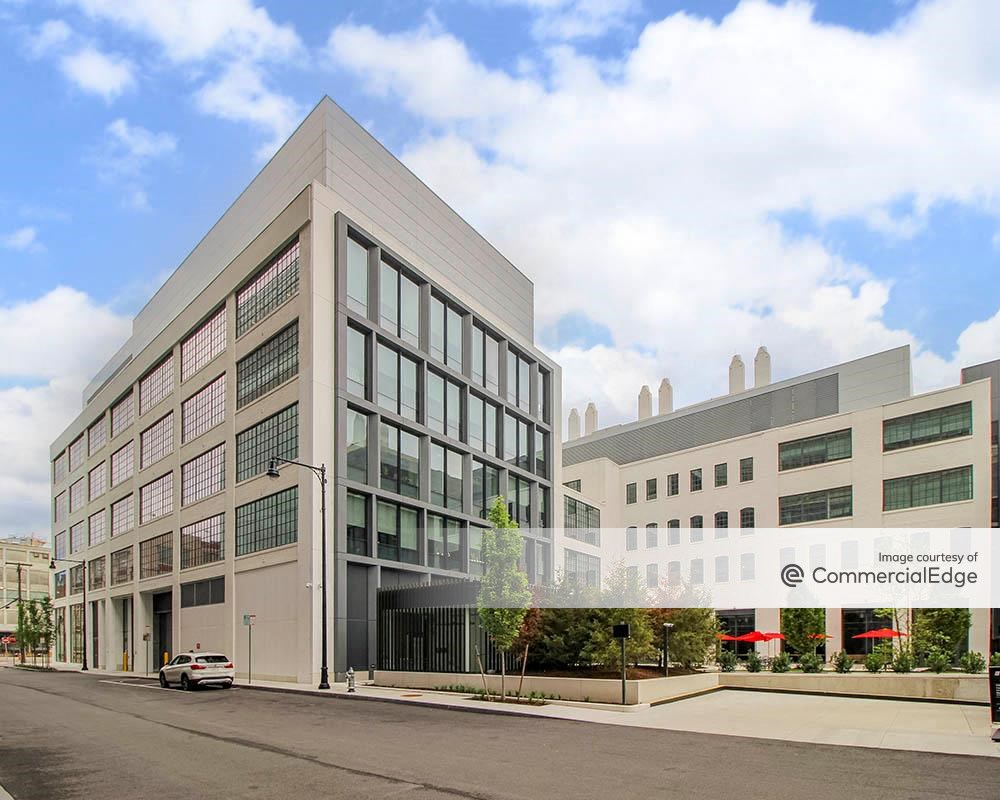
Life science assets also carried the largest price tags in 2024. In the two largest transactions, BioMed Realty acquired two properties in Cambridge, Mass. In September, it paid $361.5 million for a 211,000-square-foot building at 750 Main St. MIT Investment Management Co. sold it for $1,713.27 per square foot. AIG Insurance Co. provided a $181.5 million permanent loan that same month.
In December, BioMed purchased the asset at 215 1st St. from Alexandria Real Estate Equities for $165 million, or $450 per square foot. The property was originally constructed in 1890 for industrial use and was converted to office in 2010. This is the first time it traded.
Besides large transactions, life science properties also attracted significant refinancing deals. In September, AEW Capital Management, Redgate and Optimum Asset Management secured $150 million for a newly converted facility, in Bedford, Mass. JLL Capital Markets brokered the loan, which was provided by an Apollo Global Management affiliate.
High-quality space still in demand, but vacancy grows
Boston’s office vacancy clocked in at 17 percent in December, up by a whopping 510 basis points year-over-year. Still, it remained below the 19.8 percent national average, which grew 150 basis points.
Boston fared better than some of the other gateway markets. San Francisco ranked last, with vacancy at 28.8 percent in December, followed by Chicago (18.8 percent), Manhattan (16.6 percent), Los Angeles (16 percent) and Miami (15.2 percent).
Some of the large deals involved relocations and even more life science space. In June, Tishman Speyer signed a 106,000-square-foot agreement with the Commonwealth of Massachusetts. Six government agencies will occupy two full floors at One Federal Street.
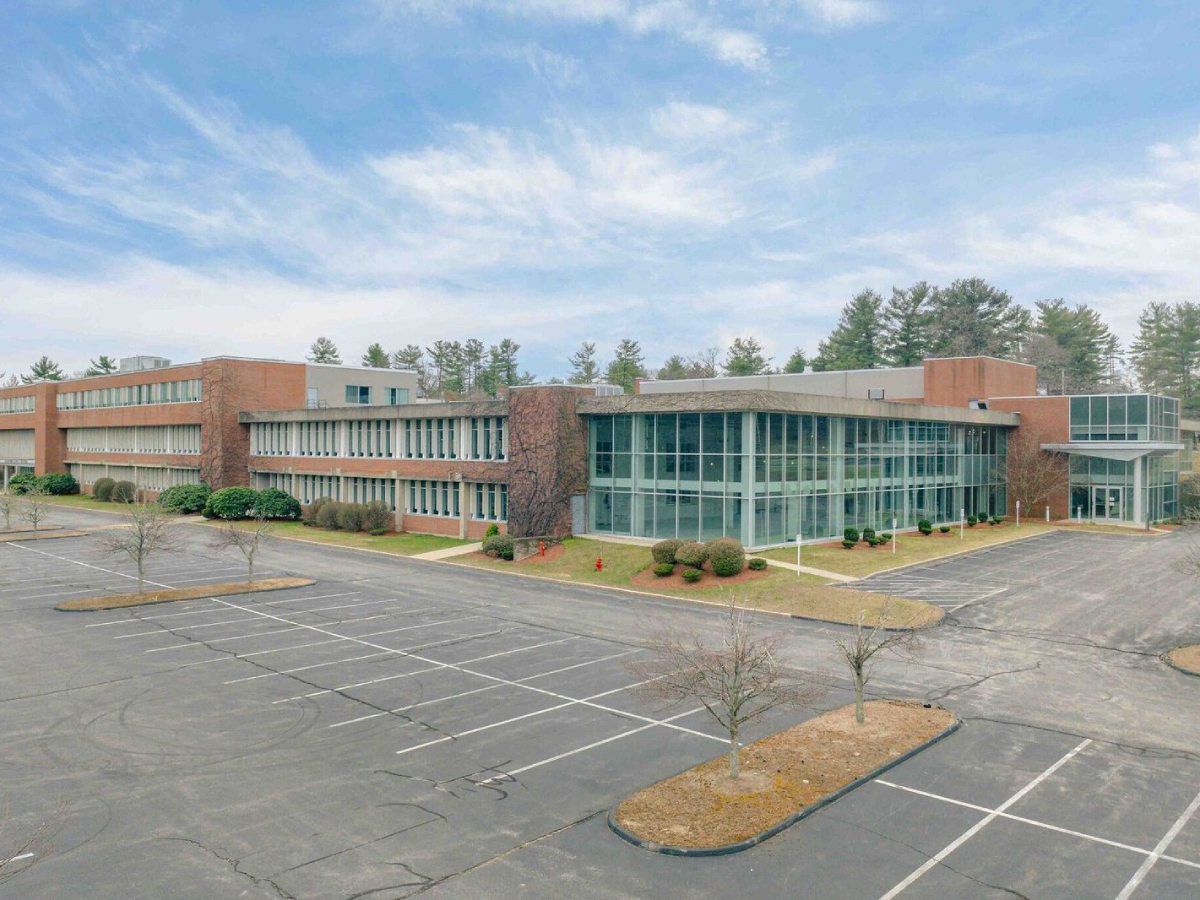
Another deal took shape in May, when W.P. Carey leased 142,224 square feet to Persimmon Technologies in Bedford, Mass. The space is undergoing a renovation and will serve as the tenant’s new headquarters once complete, later this year.
Alexandria Real Estate Equities signed a 10-year lease extension at its Alexandria Center at Kendall Square in Cambridge, Mass. The tenant is an affiliate of Takeda Pharmaceutical Co., which occupies 222,925 square feet.
Boston coworking inventory sixth largest in the US
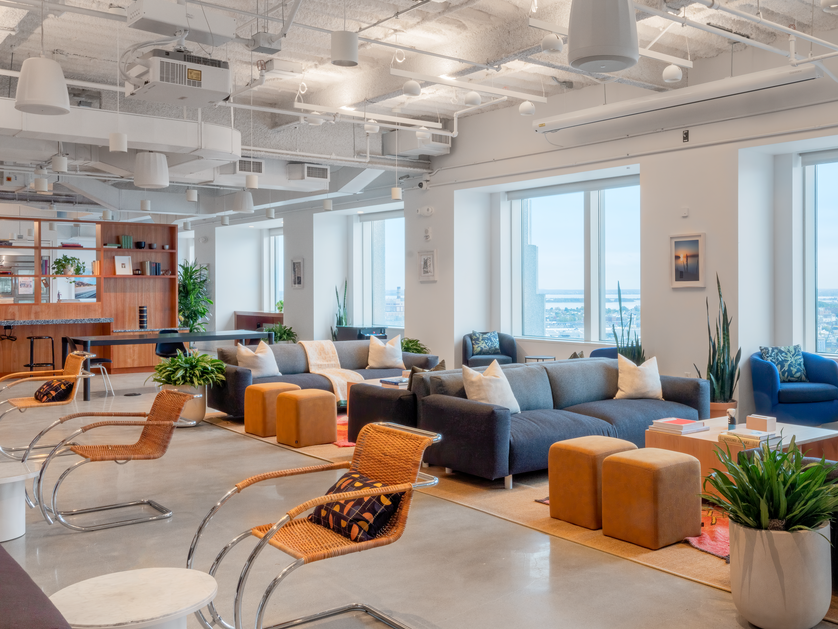
Boston’s office market continued to cater to coworking providers in 2024, as it ranked sixth among the nation’s top 10 coworking metros. As of January, Boston had 4.7 million square feet of shared office space across 204 locations, which was 1.8 percent of the total inventory.
Among the other gateway markets, Manhattan still led in terms of its share of coworking space (2.3 percent), followed by Chicago (2.2 percent), Los Angeles (2.2 percent), San Francisco (2.2 percent) and Washington, D.C. (1.6 percent).
In November, WeWork extended its lease at the State Street Financial Center. It also entered into a revenue-sharing agreement with Fortis Property Group, the building’s owner. The shared space provider occupies three floors in the Class A tower, located in the Financial District.

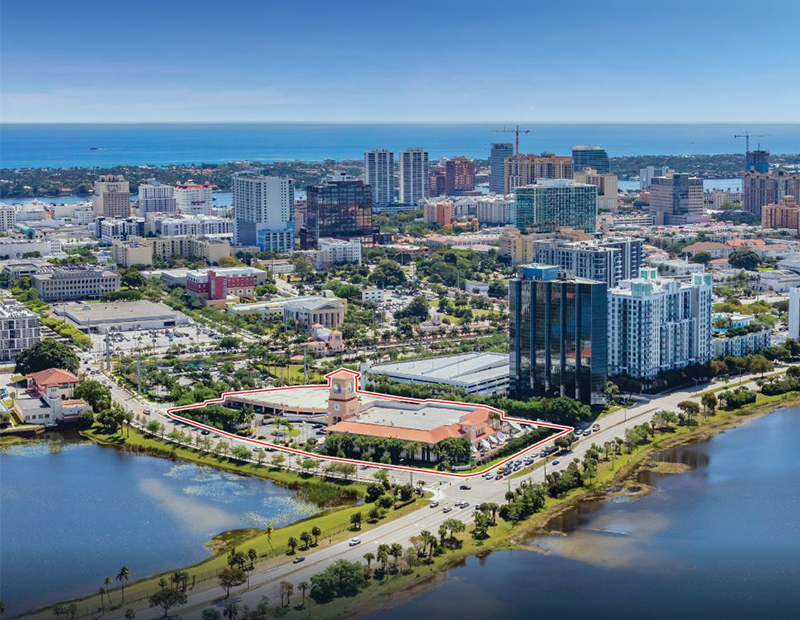
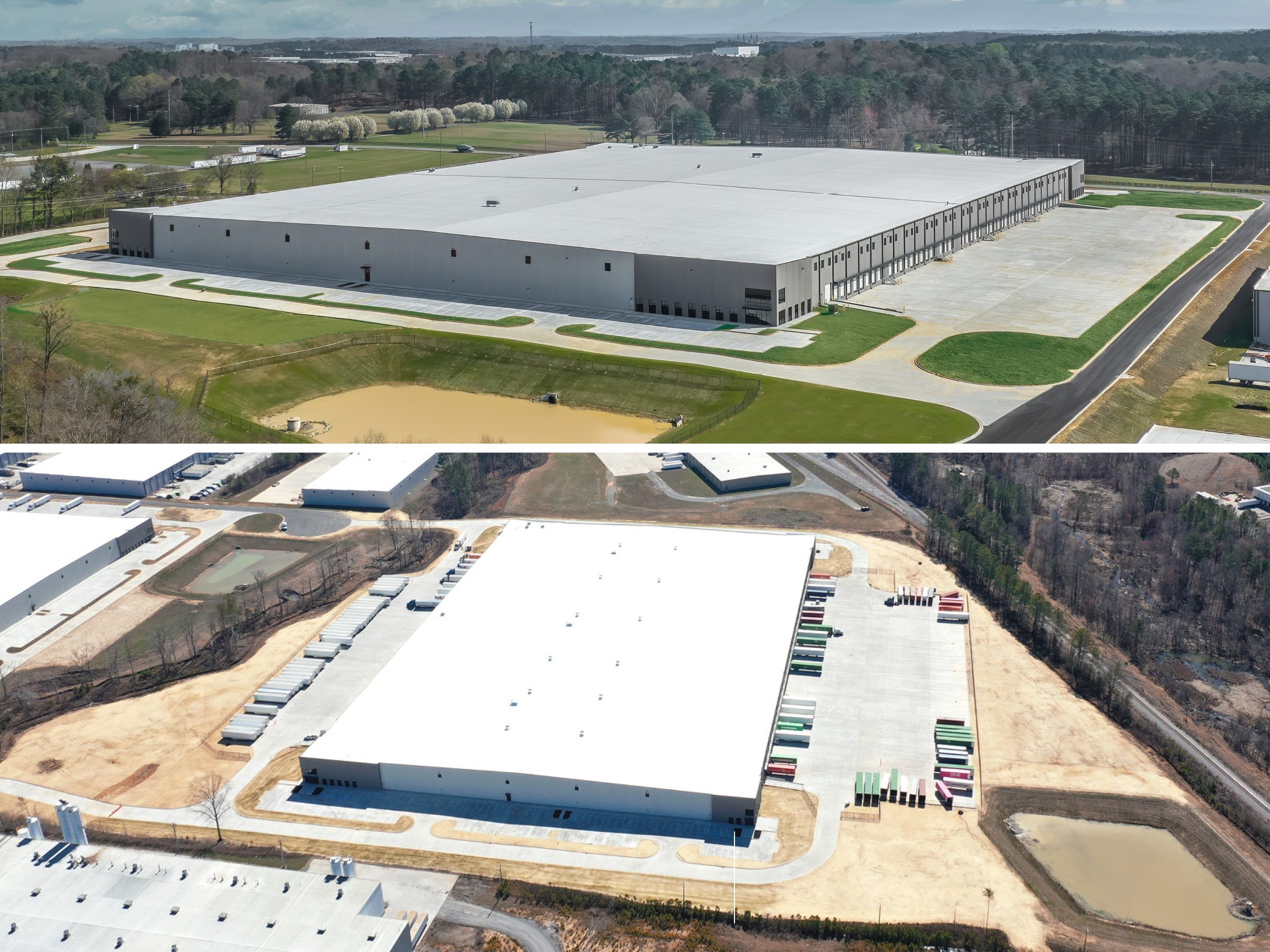
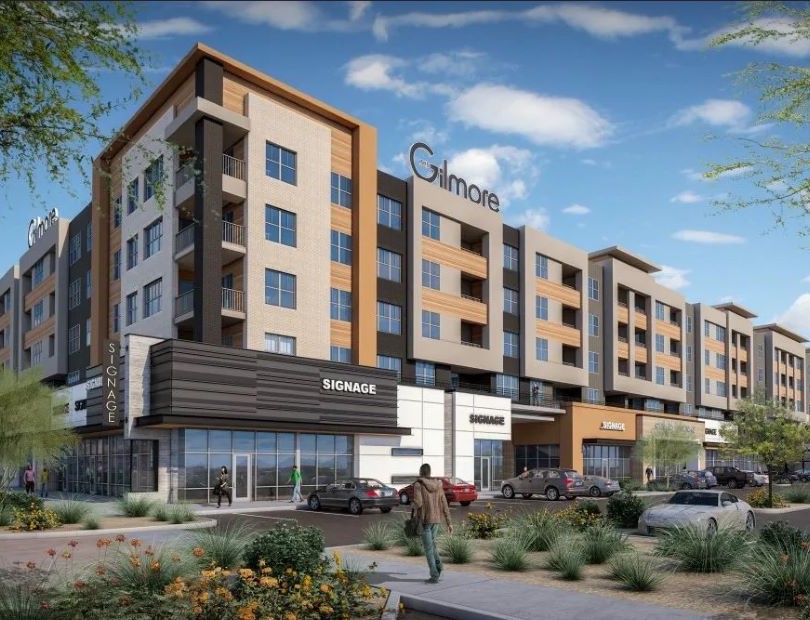
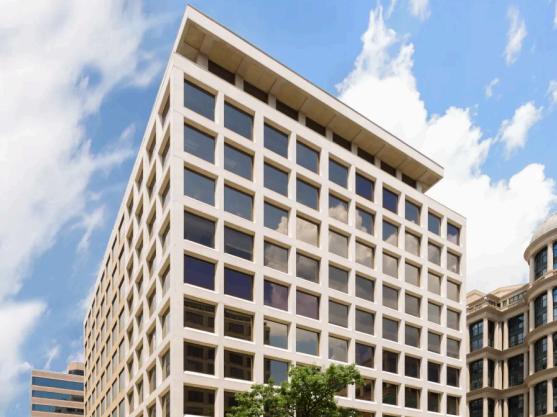
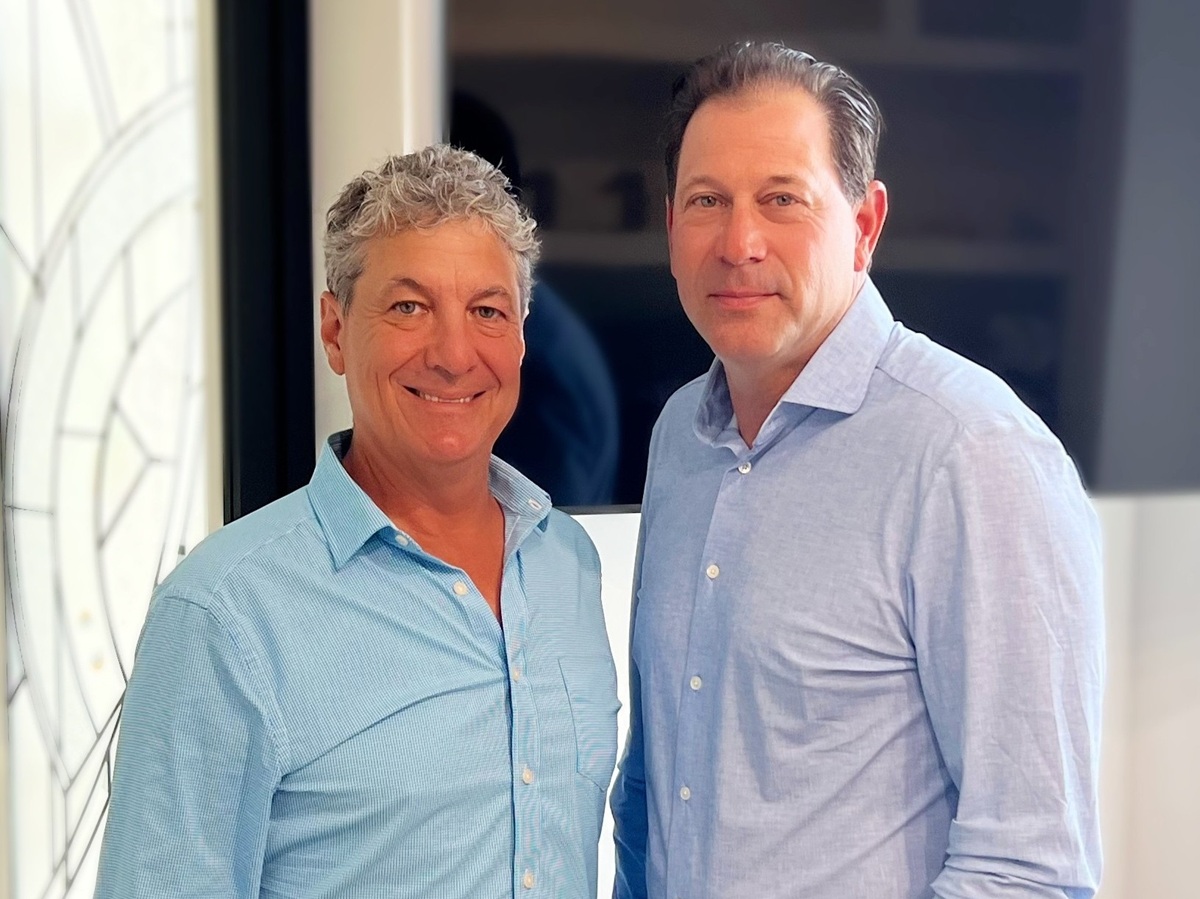
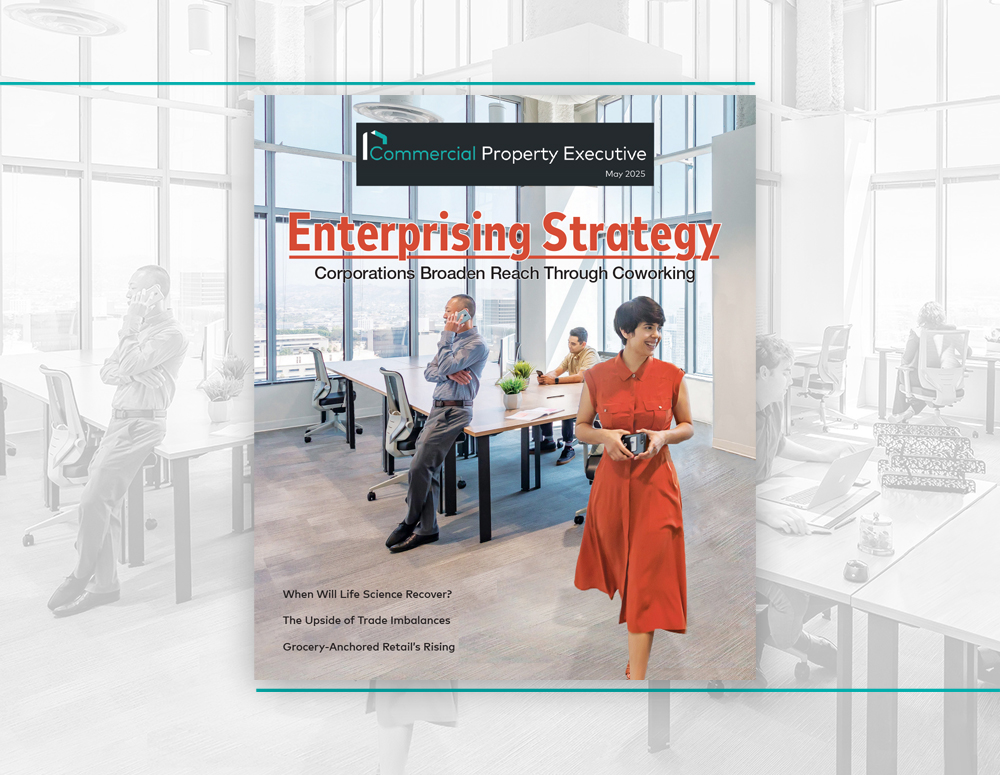
You must be logged in to post a comment.